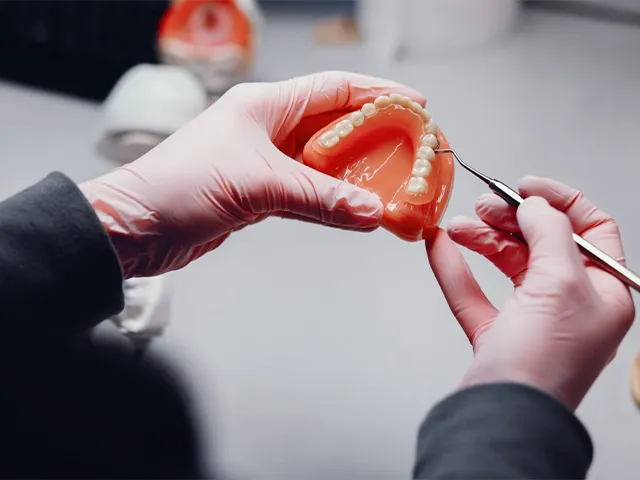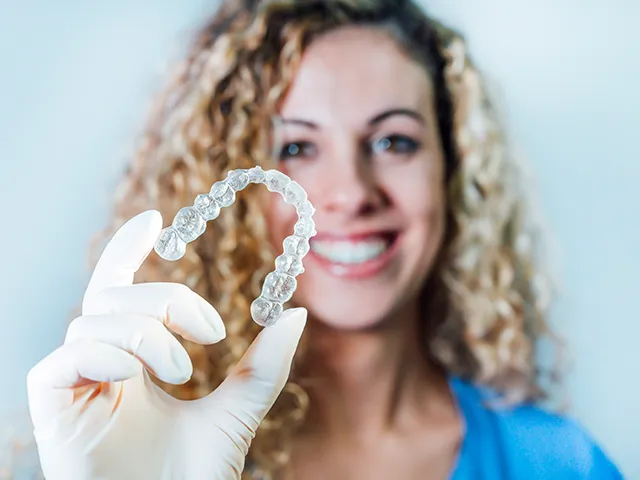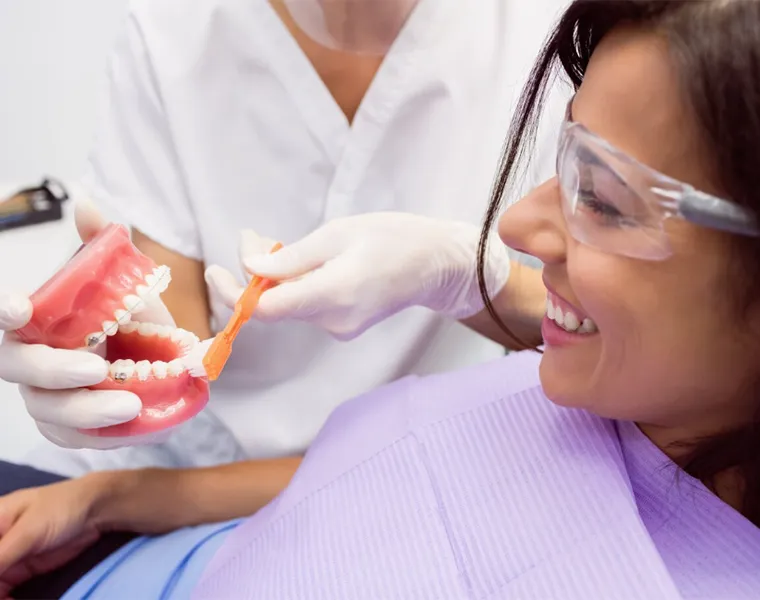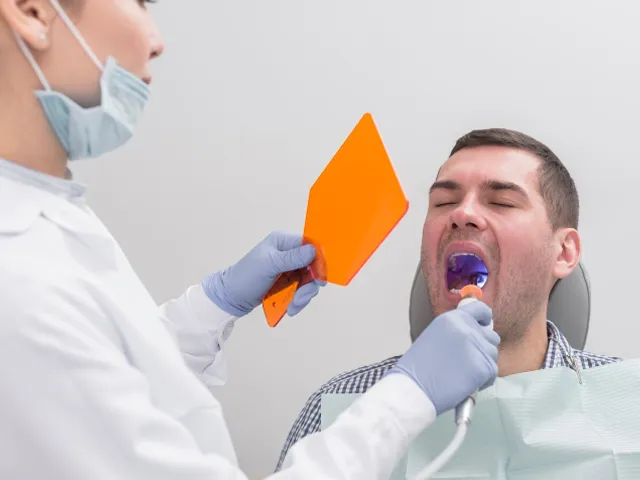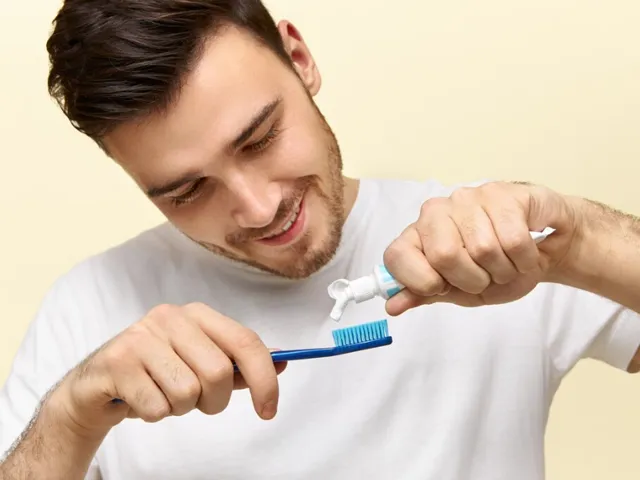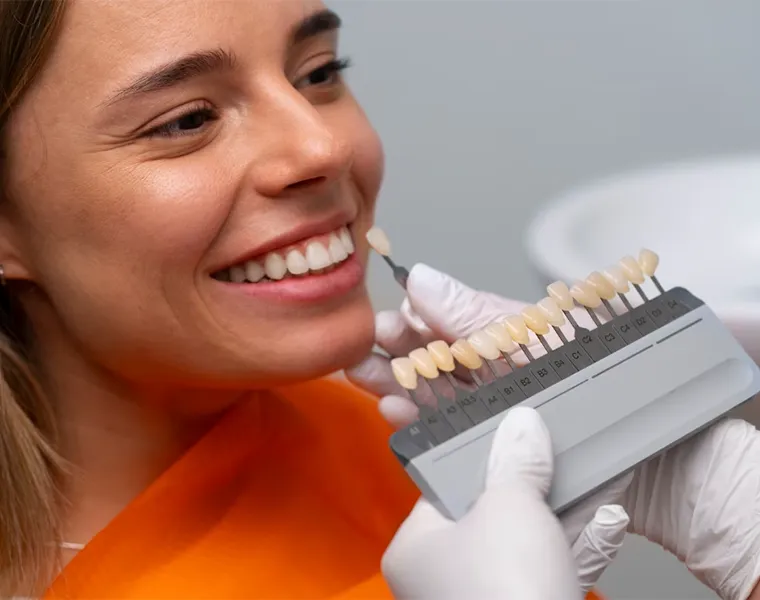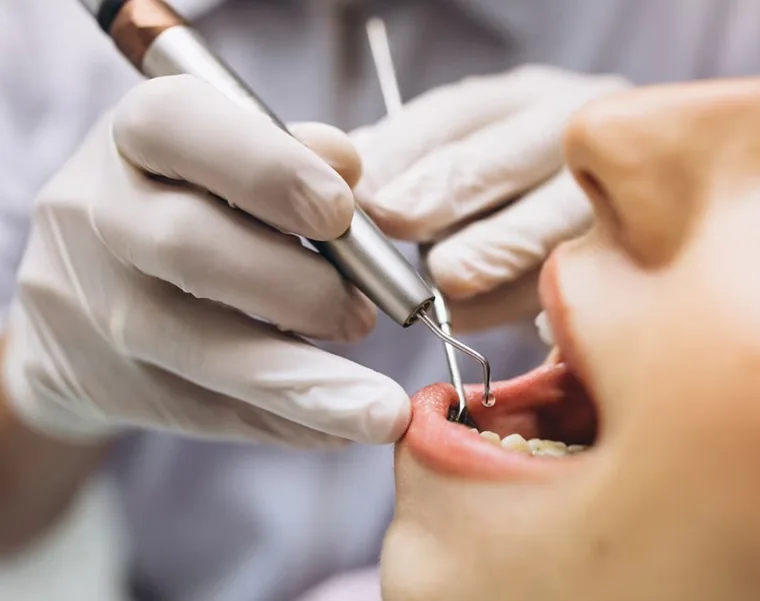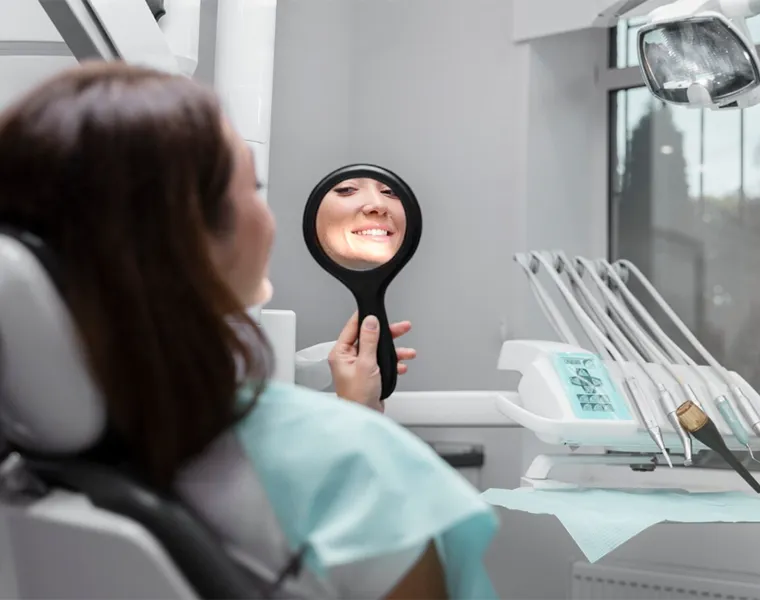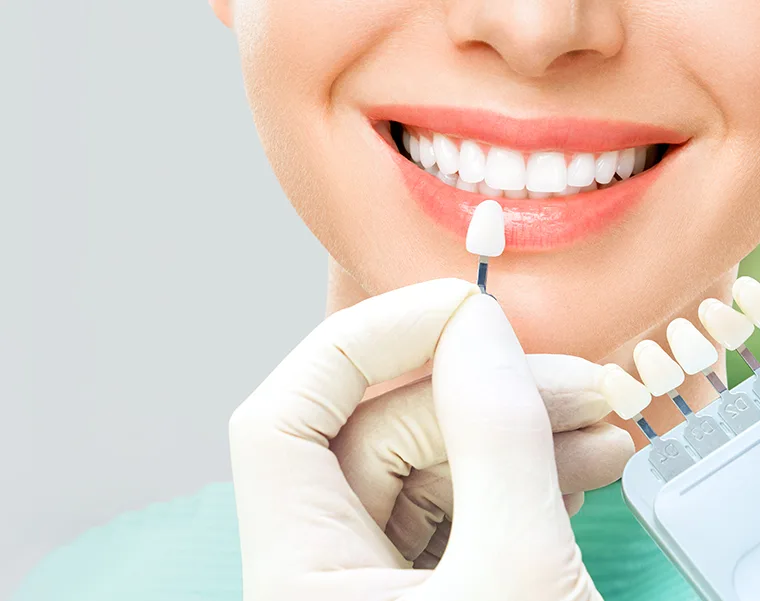Bruxism is the unconscious habit of clenching or grinding the teeth. It usually occurs during sleep. However, some people may also exhibit this behavior while awake. It can be triggered by various factors such as stress, anxiety, sleep disorders, side effects of certain psychiatric medications or certain lifestyle habits.
Bruxism can cause serious wear and damage to teeth in the long term. It can also cause serious health problems such as jaw joint disorders and chronic pain in the jaw muscles. Diagnosis is usually made during a dental examination, assessing the wear on the teeth and the patient’s symptoms. Treatment usually addresses the cause of the problem and may include stress management techniques, jaw exercises, the use of night guards or, in some cases, psychological counseling.
What is Bruxism?
It is an unconscious habit of clenching and grinding teeth, which usually occurs during sleep but can also occur during wakefulness. This can occur for different reasons such as stress, anxiety, sleep problems, teeth clenching and side effects of certain medications.
This condition is characterized by symptoms such as tooth wear, jaw pain, headaches and gum problems and can lead to serious dental damage in the long term. The most common symptoms include tooth wear, jaw pain, headaches and gum discomfort.
What causes bruxism? Among the causes, the stresses and anxiety of daily life are among the most important factors. In addition, sleep disorders such as sleep apnea, incorrect or irregular bite, side effects of some psychiatric drugs can lead to this problem.
Lifestyle factors such as caffeine or alcohol consumption are also known to play a role. In some people, genetic predisposition may also play a role.

The symptoms usually appear in the form of physical discomfort. The most common symptoms include wear on the teeth, pain in the jaw, face or neck, headaches in the morning, gum sensitivity and loosening of the teeth. In addition, grinding noises expressed by a spouse or roommates can also be an indication of this condition.
Bruxism Treatment
The habit of teeth grinding and clenching is something that many people experience without realizing it. It can damage teeth, jaw structure and overall oral health. The need for treatment is usually recognized by symptoms such as pain, tooth wear, jaw joint problems or impaired sleep quality.
Treatment methods vary depending on the severity and causes of the condition. For treatment, it is important to focus on the causes and different tools can be used. Stress management techniques, relaxation exercises and sleep hygiene improvements can be effective in managing the condition.
Treatment Tools and Methods
The night guard is one of the most commonly used tools in treatment. These special mouthguards prevent the teeth from wearing down and help the jaw muscles to relax. They are individually prepared by the dentist.
Stress management techniques and behavior modification therapies can be useful. Meditation, yoga, deep breathing techniques and cognitive behavioral therapy can be considered in this context.
In some cases, medication may be recommended to control the condition. These medications can often be muscle relaxants, anti-anxiety medications or, in some cases, antidepressants. However, medication should always be taken for a certain period of time and under the supervision of a doctor.
Exercises and physical therapy to strengthen and relax the jaw muscles can be effective.
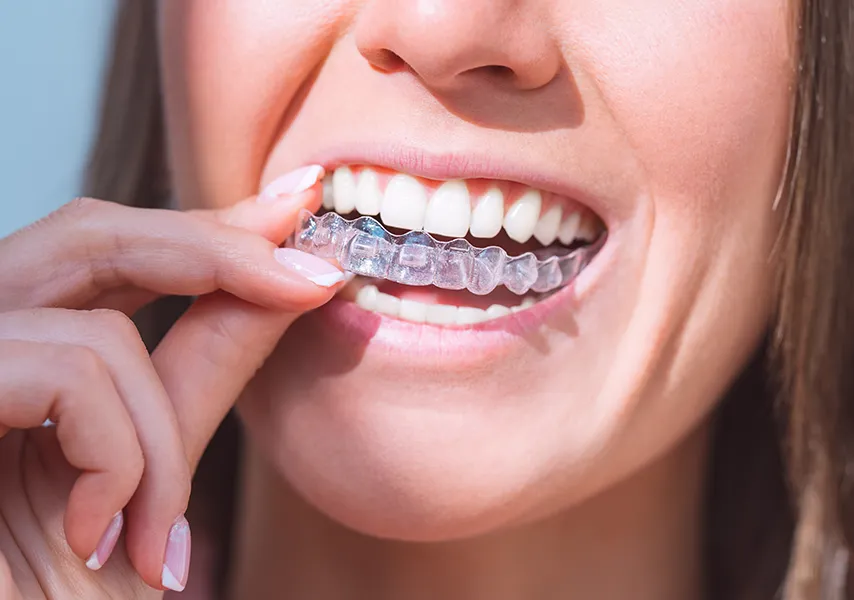
This process requires continuous communication and collaboration between the patient and health professionals. The treatment plan should be individualized and aimed at improving the patient’s quality of life. This plays a critical role in controlling the problem and preventing potentially serious health problems.
You can contact LIBREDENT for detailed information about the diagnosis and treatment process of bruxism.

